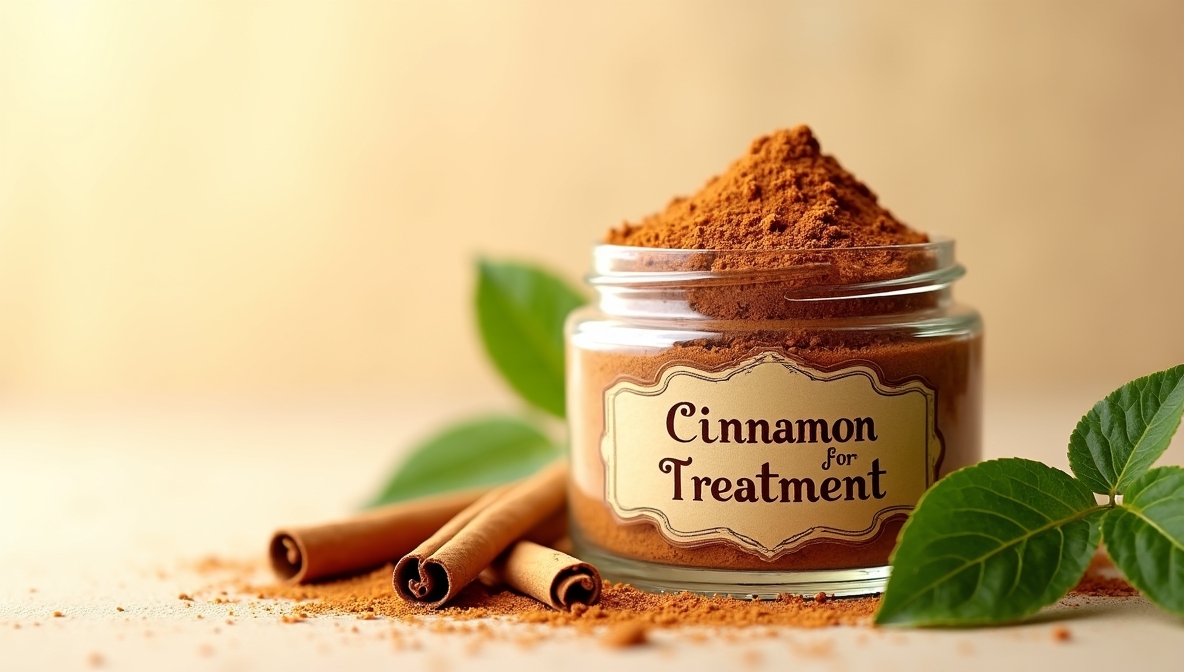Arthritis can make daily movements difficult, but cinnamon has gained attention as a natural option to support joint health. Studies suggest that its anti-inflammatory and antioxidant properties may help manage symptoms, making it a valuable addition to an arthritis-friendly lifestyle.
Why Cinnamon?
Cinnamon contains bioactive compounds that may benefit those with arthritis:
- Cinnamaldehyde – This compound has been studied for its ability to reduce inflammation, which plays a key role in arthritis.
- Polyphenols – Known for their antioxidant properties, these compounds help protect cells from damage caused by oxidative stress.
- Anti-inflammatory Effects – Cinnamon may help lower levels of inflammatory markers associated with arthritis pain and stiffness.
Potential Benefits of Cinnamon for Arthritis
1. Reducing Inflammation
Chronic inflammation contributes to joint pain and stiffness. Cinnamon has been linked to a reduction in inflammatory markers such as C-reactive protein (CRP) and tumor necrosis factor-alpha (TNF-α). By helping to control inflammation, cinnamon may improve mobility and reduce discomfort.
2. Supporting Joint Health
The antioxidants in cinnamon may help protect cartilage from breakdown. This is particularly important for individuals with osteoarthritis, where cartilage degeneration leads to pain and reduced joint function.
3. Potential Pain Relief
Some research suggests that cinnamon may help alleviate pain by reducing inflammatory compounds in the body. While it is not a replacement for medical treatment, it may complement an arthritis management plan.
4. Supporting Blood Sugar Balance
People with arthritis, particularly those with rheumatoid arthritis, are at a higher risk of metabolic disorders. Cinnamon has been studied for its role in blood sugar regulation, which may indirectly benefit those managing arthritis-related complications.
5. Aiding Weight Management
Excess weight can put additional strain on joints, worsening arthritis symptoms. Some studies suggest that cinnamon may support metabolism and help with weight management, making it a useful addition to a balanced diet.
How to Use Cinnamon for Arthritis
Incorporating cinnamon into daily routines can be simple and effective.
1. Cinnamon Tea
A warm cup of cinnamon tea may help provide anti-inflammatory benefits. To make it:
- Add ½ teaspoon of cinnamon powder or a cinnamon stick to a cup of hot water.
- Let it steep for 10 minutes before drinking.
2. Cinnamon and Honey Mix
Some people use cinnamon and honey for joint health. While scientific backing is limited, many find it soothing. Try mixing:
- ½ teaspoon of cinnamon powder with one teaspoon of raw honey.
- Consume daily on an empty stomach.
3. Cinnamon Smoothies
Adding cinnamon to a smoothie can be an easy way to include it in the diet. Blend:
- 1 banana
- ½ teaspoon of cinnamon
- 1 cup of almond or oat milk
- 1 tablespoon of flaxseeds
4. Cooking with Cinnamon
Cinnamon works well in savory and sweet dishes:
- Sprinkle on oatmeal, yogurt, or cereal.
- Add to soups or stews for extra warmth and flavor.
- Mix into salad dressings or marinades.
5. Cinnamon Supplements
For those who prefer a concentrated form, cinnamon supplements are available in capsules. It’s advisable to consult a healthcare provider before adding supplements to a routine.
Precautions and Considerations
While cinnamon offers potential benefits, some precautions should be kept in mind:
- Dosage Matters – Too much cinnamon, especially Cassia cinnamon, may lead to liver issues due to its coumarin content. Ceylon cinnamon is a better option for regular use.
- Medication Interactions – Cinnamon may interact with blood thinners, diabetes medications, or other prescriptions. Consultation with a doctor is recommended.
- Allergies and Sensitivities – Some people may experience allergic reactions or digestive discomfort. Start with small amounts to gauge tolerance.
Final Thoughts
Cinnamon is a flavorful and natural option that may support joint health through its anti-inflammatory and antioxidant properties. While not a cure for arthritis, it can be a valuable addition to an overall wellness approach. Pairing it with a balanced diet, regular exercise, and proper medical guidance can help in managing arthritis symptoms effectively.




